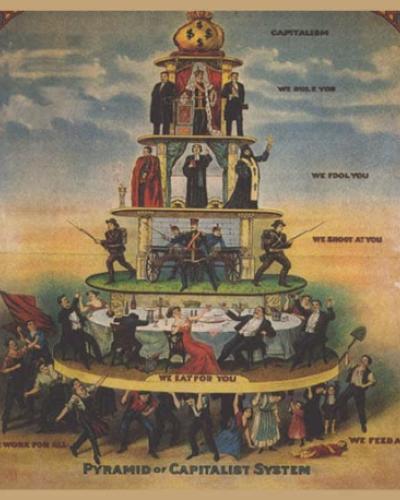HIST 3081 Stability and Crisis: Capitalism and Democracy, 1870 to the present (HB) (HST-AS, SSC-AS) (HEU)
Monday and Wednesday: 10:10-11:25 plus discussion
Professor Nicholas Mulder
The idea that the rise of capitalism and the spread of democracy go hand in hand is key to how the Western world sees itself. Since the 2008 global financial crisis and the resurgence of powerful nationalism in democracies around the world, this no longer seems so obvious. Is it possible that capitalism and democracy are in fact not naturally suited to each other? Are they, as many critics of both capitalism and democracy have argued, quite unlikely partners, or even deeply opposed ideas? This course examines the intertwined histories of capitalism and democracy from the 1870s to the present day. We will explore how modern capitalism became a global force at the same time as democratic ideas and practices struggled to establish themselves. In doing so we will grapple with key questions of history, political economy, and ethics. Do economic crises tend to weaken democracy? Is stability or crisis the norm? Can mass politics ever control the international monetary and financial system? Are our political systems and societies fatally dependent on ever-increasing growth? Is there any reason to think they can handle challenges such as increasing inequality and drastic climate change? We will look for answers to these questions by studying key moments in the history of global capitalism and democracy. We begin in the era of European and American imperialism in the 1870s; explore the first wave of populism in the 1890s; then move to World War I, the interwar crisis of democracy, and the Great Depression; we will explore the heyday of social democracy in the post-WWII years, before studying the stagflation and oil crises of the 1970s, followed by the last four decades of economic globalization, from the debt crisis of the 1980s to the shocks of the 1990s and 2000s; finally, we will think about the direct historical processes that have produced the political and economic upheaval which we are experiencing today.
Primary Capitalism Minor Course (1 of 2 options)





